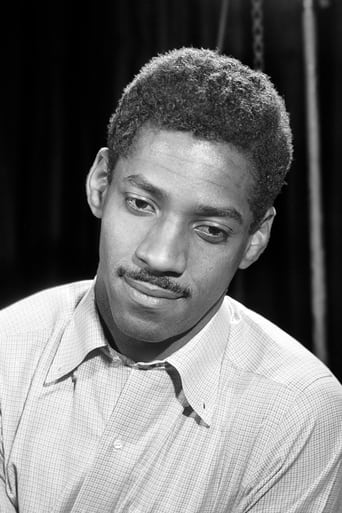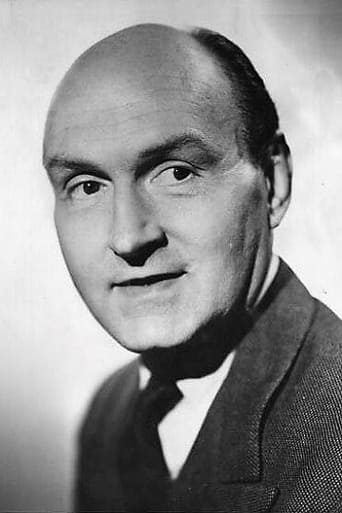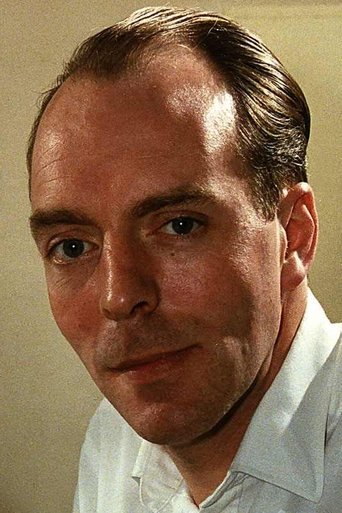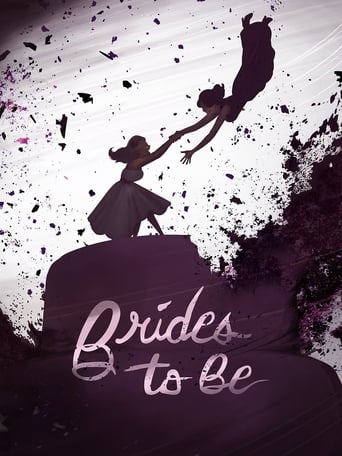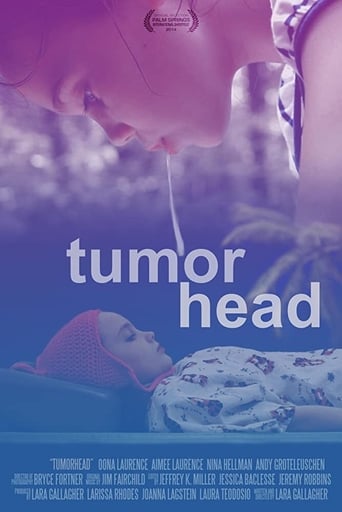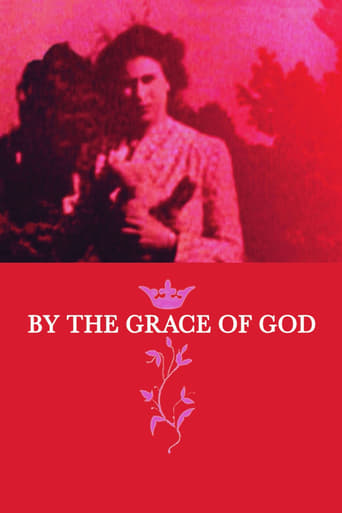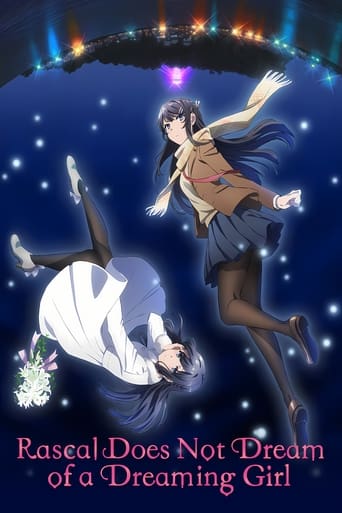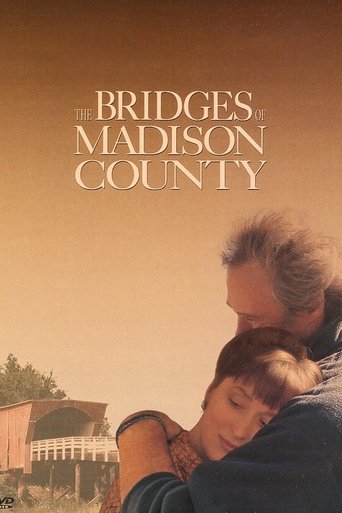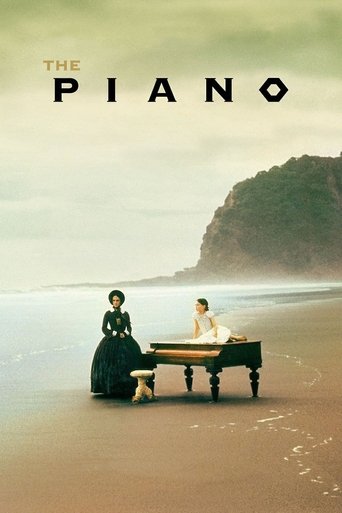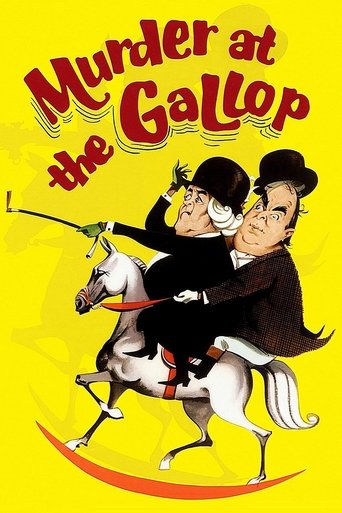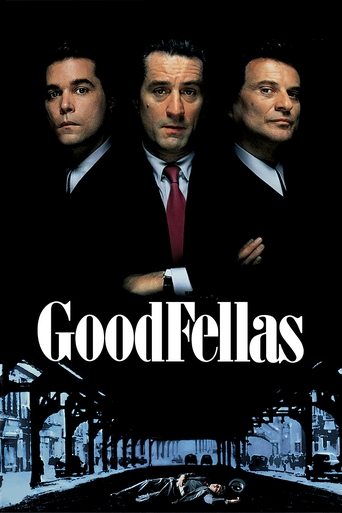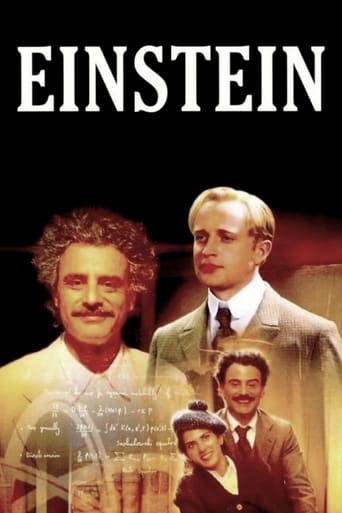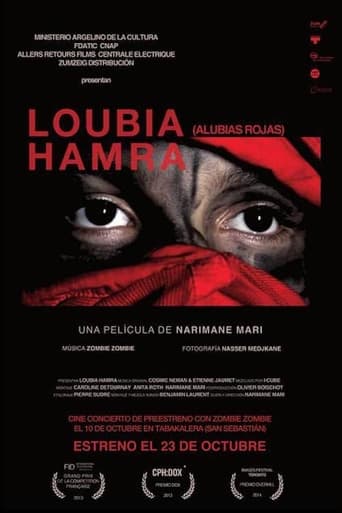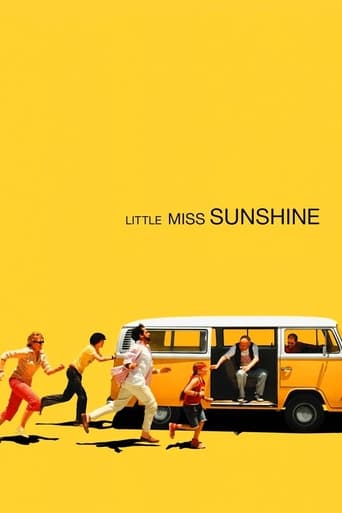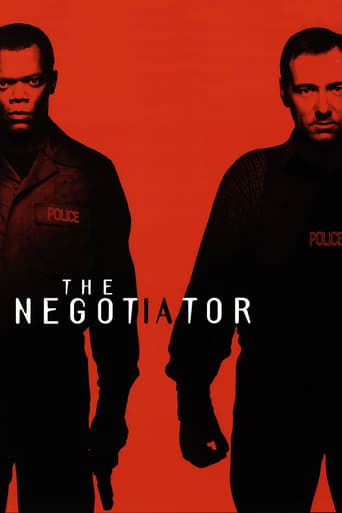
Animal Farm (1954)
Animals on a farm lead a revolution against the farmers to put their destiny in their own hands. However this revolution eats their own children and they cannot avoid corruption.
- Joy Batchelor
- John Halas
- John Halas
- Borden Mace
- Lothar Wolff
- George Orwell
- Joy Batchelor
- Philip Stapp
- Laurence Heath
- Joseph Bryan III
Rating: 7/10 by 472 users
Alternative Title:
Kammerat Napoleon - DK
La revolta dels animals - AD
Звероферма - RU
Aufstand der Tiere - Animal Farm - DE
Hofstaat der Tiere - DE
Abereen etxaldea - ES
动物庄园 - CN
Η φάρμα των ζώων - GR
Rebelión en la Granja - ES
Скотный двор - RU
동물 농장 - KR
동물농장 - KR
O Triunfo dos Porcos - PT
Country:
United Kingdom
Language:
English
Runtime: 01 hour 12 minutes
Budget: $350,000
Revenue: $0
Plot Keyword: farm, corruption, based on novel or book, pig, revolution, horse, governance, uprising, dog, oppression, fable, adult animation, woman director, stalinism, talking pig, power abuse, independent film
George Orwell's politics were always front and centre of his work, but never more so, I reckon, that with this adaptation from Halas & Batchelor. It all starts in the farm where the farmer is a bit of a waste of space. Usually in the pub whilst the animals - pigs, horses, chickens, geese - are routinely neglected and left unfed. The "Old Major" calls a meeting to organise a plan of action, but he goes off to the big sty in the sky (not that Orwell would have believed in such a place) and that leaves "Snowball" in charge and they decide to quite entertainingly depose the useless farmer and do things by themselves. They even have their own form of constitution declaring equality, fraternity and - one may not eat the other, nor sleep in a bed! Their Elysian scenario prevails for a while but soon another insurrection looms in the form of "Napoleon" who sees their leader as weak and ineffectual. A coup ensues and gradually we see the emergence of a first amongst equals policy, then rules are arbitrarily altered, ostensibly for the good of the community then, yep - we are back with an overt dictatorship that spawns ideas of a little revolution now and again is a good thing. There are obvious parallels here with the decline of Imperial Russia (or even Bourbon France) being followed by a series of increasingly less benign dictators, and of the ultimate realisation that when you give people power, they will always want more. The animation uses the different animals to show strength - of body and/or will, well and the narration serves as a gentle tramline for what we can all see is the writing in the sand. Hierarchies clearly aren't just an human thing.

